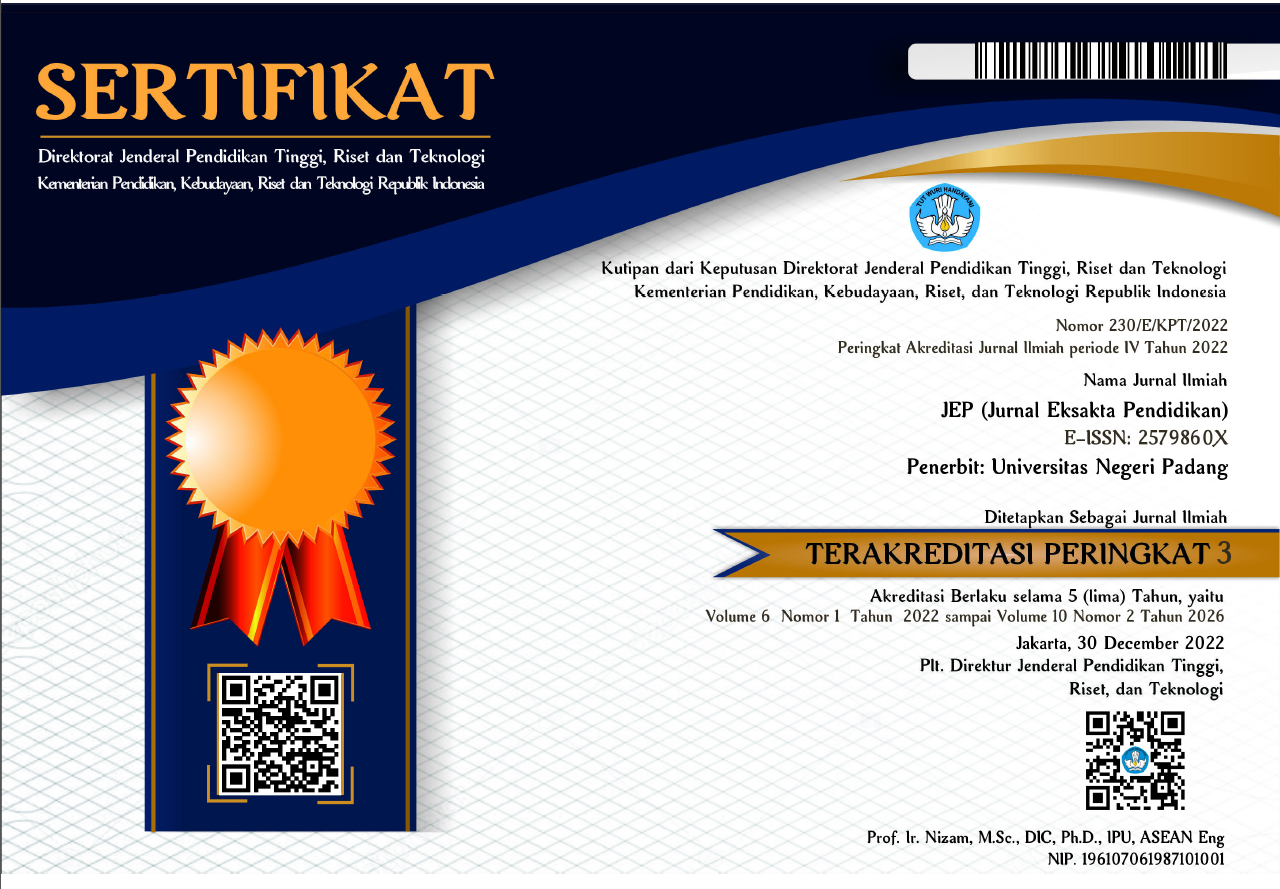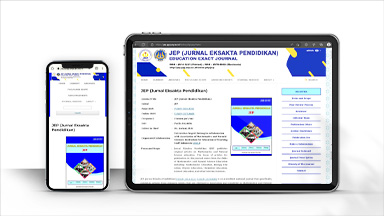Penerapan Model Pembelajaran Ropes dan Pengetahuan Awal Terhadap Hasil Belajar Perkuliahan Matematika Di Stikes Prima Nusantara
Abstract
This research is based on the low level of mathematics lecture result, which is caused by the learning that is still dominated by the lecturers so that the students are less motivated and bored with the learning activities in the lectures. Lecturers have not been able to encourage students to develop the talents and skills of individual students, and still many students who have not been able to formulate their own hypothesis. learning that is not optimal yet it is necessary efforts to improve learning outcomes math lectures. This study aims to reveal the effect of ROPES learning model and initial knowledge on mathematics learning outcomes in STIKes Prima Nusantara. The research design used was Randomized Group Only Design. The population of this study is all students STIKes Prima Nusantara level I of the academic year 2017-2018. Data were collected through initial knowledge tests and and learning result tests. The results revealed that the results of lectures of students who were taught with ROPES learning model higher than the results of student learning taught by conventional learning model, student learning outcomes that have a high initial knowledge with ROPES learning model higher than the results of learning mathematics students who have a high initial knowledge with conventional learning model, student learning outcomes that have low initial knowledge with ROPES learning model higher than the results of mathematics learning students who have low initial knowledge with conventional learning model and there is no interaction between learning models and knowledge early in influencing the results of college mathematics students STIKes Prima Nusantara.
Downloads
References
Afgani, J Dahlan. 2011. Analisis Kurikulum Matematika. Jakarta: Universitas Terbuka
Arief, dkk. 1989. Beberapa Aspek Pengembangan Sumber Belajar. Jakarta: Rineka Cipta.
Depdiknas. 2001. Penyusunan Butir Soal dan Instrumen Penilaian. Jakarta : Depdiknas.
Djamarah. 2004. Strategi Belajar Mengajar. Jakarta: Rineka Cipta
Gagne, Winkel. 1996. Esential of learning for instruction. New York : Holt, Renerhad dan Winston.
. 2008. Proses Belajar Dan Pembelajaran. Jakarta : Bumi Aksara.
Hamalik,Oemar. 2008. Proses Belajar Mengajar. Jakarta: Bumi Aksara.
Hartono. 2010. Statistik Untuk Penelitian. Yogyakarta : Pustaka Belajar
Muliyardi. 2002. Strategi Pembelajaran Matematika. Padang: Jurusan FMIPA UNP.
Nana Sudjana. 2006. Penilaian Hasil Belajar Mengajar. Bandung : PT. Remaja Rosdakarya.
Saiful Sagala. Konsep dan Makna Pembelajaran. Bandung: CV. Alfabeta.
Slameto. 2008. Metoda Statistika. Bandung : PT. Tarsito Bandung.
Suharsimi Arikunto. 2006. Prosedur Penelitian Suatu Pendekatan Praktek. Jakarta : PT Bina Aksara.
. 2008. Dasar-dasar Evaluasi Pendidikan. Jakarta : PT Bina Aksara.
Sumadi Suryabrata. 2005. Metodologi Penelitian. Jakarta: PT Raja Grafindo Persada
Syafriandi. (2001). Analisis Statistik Inferensialdengan Menggunakan Minitab.Padang: UNP.
Wina Sanjaya. 2006. Strategi Pembelajaran Berorientasi Standar Proses Pendidikan. Jakarta: Kencana Preanada Media.

This work is licensed under a Creative Commons Attribution 4.0 International License.




_(2579-860X).png)
_(2614-1221)1.png)




